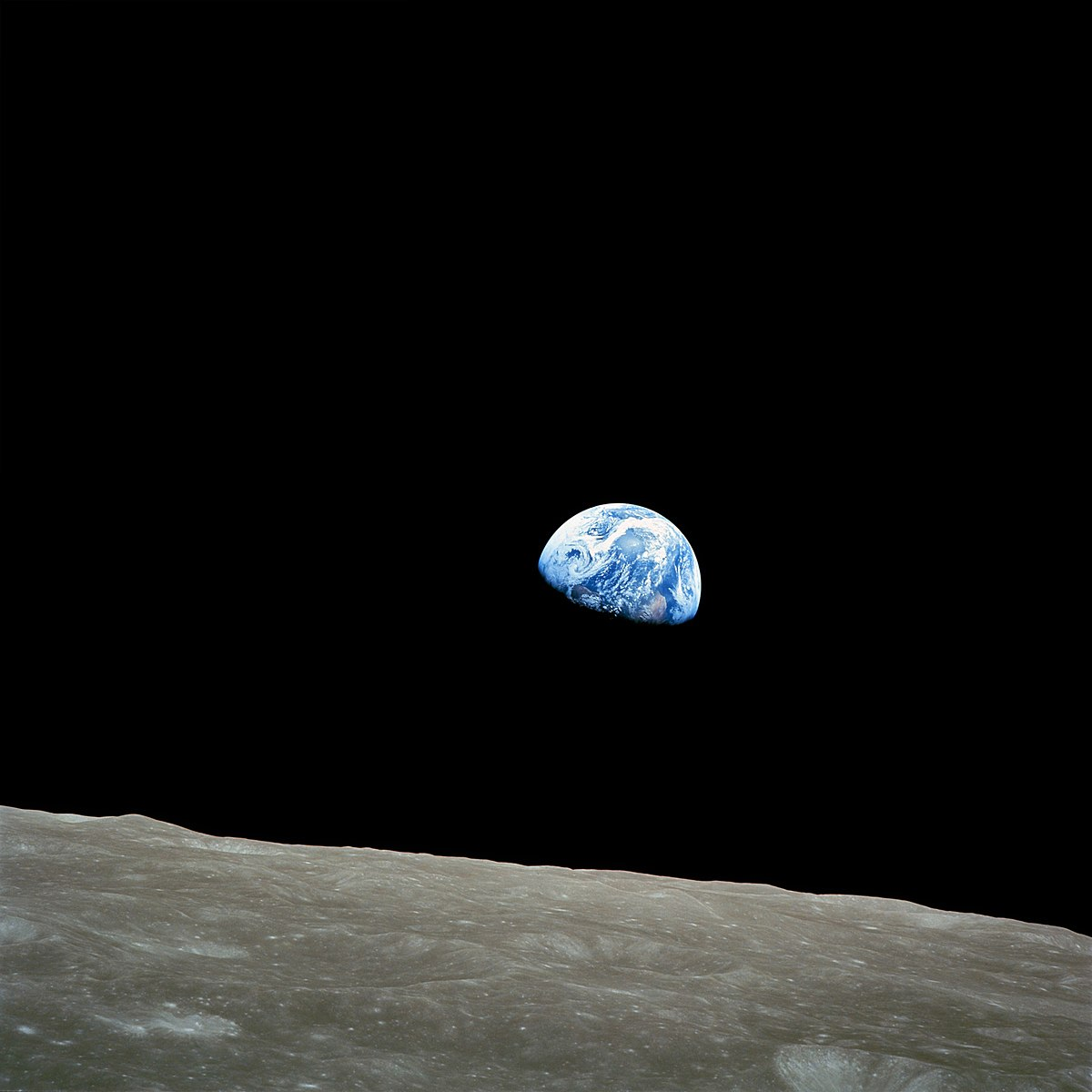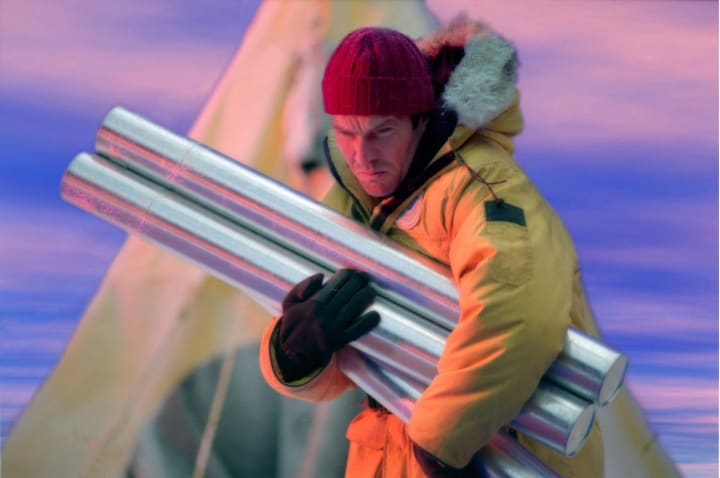Friday, 9 September 2022
Is going to the moon again a good use of resources?
Should we Colonise Mars or Fix Earth?
Should we colonise mars or fix earth?
 |
| Home Sweet Home |
No one knows the future!
5 Things that People Regularly Buy that they Don’t Need.
5 Things that People Regularly Buy that they Don’t Need
- One thing that I have in my house usually is wet-wipes, these are really useful for cleaning windowsills and desks etc. but they are single use and bad for the environment, an alternative to using these, is a dish cloth which does the job the same way.
- Another product which I use a lot is cotton pads, they are extremely useful for washing my our face and removing makeup but there is an alternative which works just as well and isn’t as bad for the environment; reusable cotton pads, they are like flannels but rounded and since I got some around last Christmas I have stopped using the single use cotton pads.
- Another simple thing to go without is plastic bottles, as convenient as they may be when out and about, using a reusable water bottle is a lot better for the environment and some shops now have refilling stations for them. Similarly paper coffee cups can be avoided by taking a reusable cup with you.
- Something which is surprisingly bad for the environment is tea bags, they are made out of plastic and using a teapot instead may take longer but is better for the planet. Some companies do make plastic free teabags as an alternative.
- Something relatively simple to avoid is single use plastic bags, 300 million plastic bags every year end up in the Atlantic Ocean. It can be avoided very easily by using tote bags or any type of bag that is reusable to put shopping in.
So you see, here are five of the hundreds of things we can go without, maybe next time you’re out getting a coffee and you see a reusable cup available to buy, buy it, and you can use it, then use it again, then use it again.
Wednesday, 29 June 2022
Monday, 20 June 2022
Top 5 Environmental Movie Quotes
Top 5 Environmental Movie Quotes
Number 1 - Donald - Interstellar
"When I was a kid, it seemed like they made something new every day. Some, gadget or idea, like every day was Christmas. But six billion people, just imagine that. And every last one of them trying to have it all."Number 2 - Scientist vs Politician - The Day After Tomorrow
This brief exchange sums up the impasse that we have been at for year with regards to climate change. Polarised thinking, with no consideration of middle ground leaves scientists such as the character dennis quad (pictured) trying to justify facts, to politicians who often work in the realms of opinion. That fact that our current course, of global capitalism, and corporate governance is very unlikely to deliver the change we need, should be everyone's most pressing concern!
Number 3 - Freeman Lowel - Silent Running
"There is no more beauty, and there's no more imagination. And there are no frontiers left to conquer"
Number 4 - Marco Lambertini - A Plastic Ocean
Thursday, 10 February 2022
Does California have the most environmentally friendly Cars?
Does California have the most Environmentally Friendly Cars?
Having visited LA a few years ago, the first thing that struck me was how unnecessarily large, and overpowered most of the vehicles were.
On that basis alone, I would say no. Japanese or European Cars (if telling truth!) will have lower emissions!
Air Quality - 25% better than Europe, but worse than Japan.
Whilst we still try and measure end of pipe emissions, most environmental measure also considers the . . . environment. We measure quality of the air, California is no exception.
California aims to maintain an Average Annual Air Quality of 0.03ppm, or 30ug/m3. This is better than the European Air Quality Objective, set at 40ug/m3.
Japan have a Hourly Average Air Quality Objective set at 0.04 - 0.06ppm. This will result in annual average far lower than those found in california.
Efficiency
The wider use of diesel cars in Europe is not great. They produce a lot more pollution. Many smaller diesel cars will easily get 50 - 60 miles to the gallon, which would meet the Corporate Average Fuel Economy (CAFE) standards of 54.5 miles to the gallon. Despite giving off very high NOx, and PArticulate Emissions.
Emission Control
So let us compare actual emissions standards, I will compare two countries:
Japan
California
Europe
Now there is a lot to go through in these tables, the units are all different as are the substances measured. But dwelling on NOX:
California has a NOx limit of 0.05 grams per mile, or 0.03 grams per kilometer
European Cars have a NOx limit of 0.06 grams per kilometer
Japanese cars have a NOx limit of 0.05 grams per kilometer
Life Cycle Assessment Consultants
Environmental Claims Consultant
Friday, 17 December 2021
Climate Change Offset & Obstacles - Notes
Intro
We know what the problem is, we know how big it is, and how
to stop it. This includes companies and their directors. Looks at news . . .
could it be any clearer. So why no rapid action?
'comparing financial
incentives to environmental issues',
Carbon Offsetting
EU Benchmark Price 71 euros (£60).
Brazilian REDD+ $10 (£8).
Terrible Scheme such as capping of well, or CFC destruction.
£2.
Example: Shop fitters. 138 tons (Scope 1 and 2) costs from
£8200 to £250.
Farmers: 500 tons ha, = £7500 – less certification costs
(subsidy for planting)
'how does ease of
implementation encourage or discourage sustainable action?'
Word on knock-ons: Solar (easy): BUT roof replacement,
structural engineer,
'is there any structure to a report that can
create a more persuasive argument?'
People will read a report or not read it. You should
highlight cost savings ahead of carbon savings, or other benefits e.g.
biodiversity gains.
Summary
The problem is well defined, and measured.
The company’s main objective is to make profit.
Consider real world Practicalities
Gauge you client, are they a front runner (keen) or are they
just following crowd, regulatory minima. You may need to adjust your MO, on
that basis.
What will work.
Carbon Tax. £75 per tonne. Cheese 14kg / kg. 7.5p - £1.
CEOs
What will get you voted out at SEO, failing to make a profit
or failing to progress climate action.







